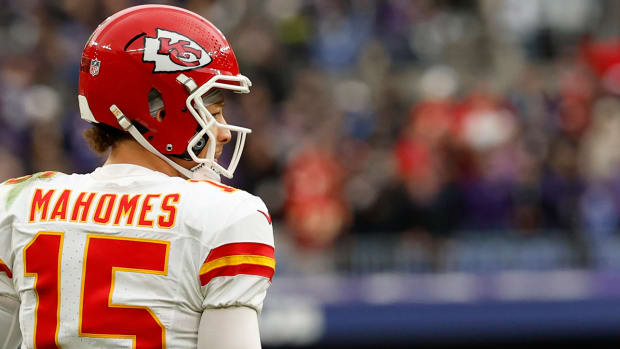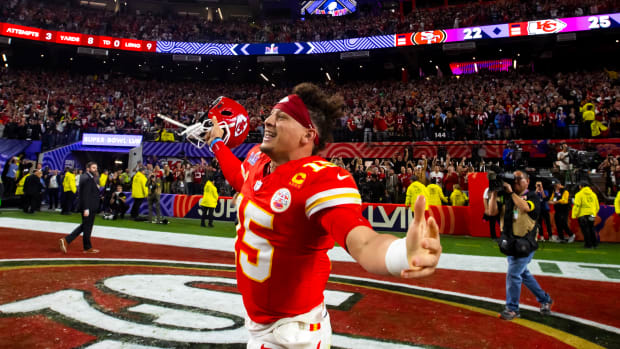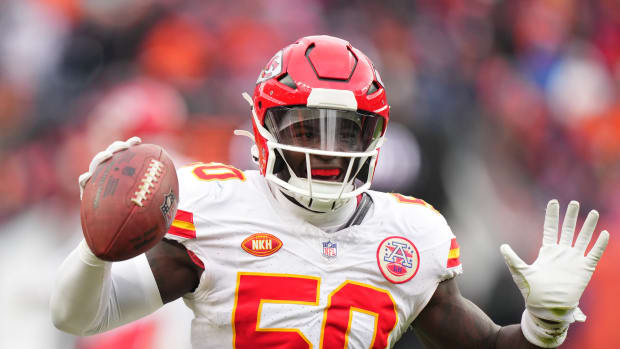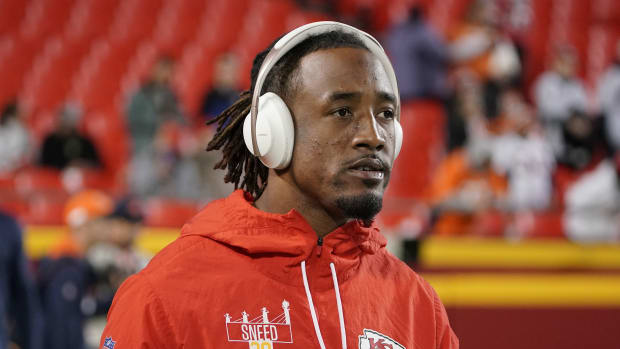How the Kansas City Chiefs' Super Bowl win slowed the spread of Coronavirus
It’s been a little more than two months since the Kansas City Chiefs came back from a 10-point deficit in Super Bowl LIV to defeat the San Francisco 49ers. It was a huge win for Kansas City. Now, according to one Coronavirus expert, it may have been a victory for the whole country.
Dr. Niraj Sehgal, a professor of medicine at the University of California San Francisco and co-leader of UCSF’s COVID-19 command center, said that the novel Coronavirus would have likely experienced a widespread transmission if San Francisco had held a Super Bowl parade.
He explained his reasoning in more detail in a Zoom call the school shared on YouTube.
“People may not remember this that well, but Super Bowl weekend, in some ways, with apologies to the 49ers’ fans, the gift we may have been given was the 49ers losing,” Sehgal said.
As the Chiefs were victorious, the streets of Kansas City were packed with fans, leading to Union Station. If the gathering was held by the 49ers, Sehgal said, our situation could be worse.
San Francisco was one of the first places in the country with an outbreak of Coronavirus. As the city begins to flatten its curve, Sehgal says they, in some ways, have the Chiefs to thank.
“It’s a date that I will never forget, because the Super Bowl Sunday was actually the night that we stood up formally, our command center,” Sehgal said. “And the reason for that is another — again, it’s funny to call it a gift — the gift of [having] two of the first patients in the country that required hospitalization.”
“And they arrived in the middle of the night, I will never forget sitting in that ambulance bay when those first two patients rolled up, a husband and wife who looked terrified because of everything around them,” Sehgal continued. “And it also forced our organization to kind of — we were in the game quickly and within five days we became the regional and national experts on how to do this, because everyone else was three to five days behind us.”
San Francisco enacted a stay-at-home order on March 17 to slow the virus when they had 13 COVID-19 related deaths, according to The Atlantic. Now, California has extended the order to May 1.
The Missouri Department of Health and Senior Services reported Monday the state has reached 4,388 cases and suffered 114 deaths. Kansas has reached 1,376 cases and 62 deaths according to the state’s Department of Health and Environment.




